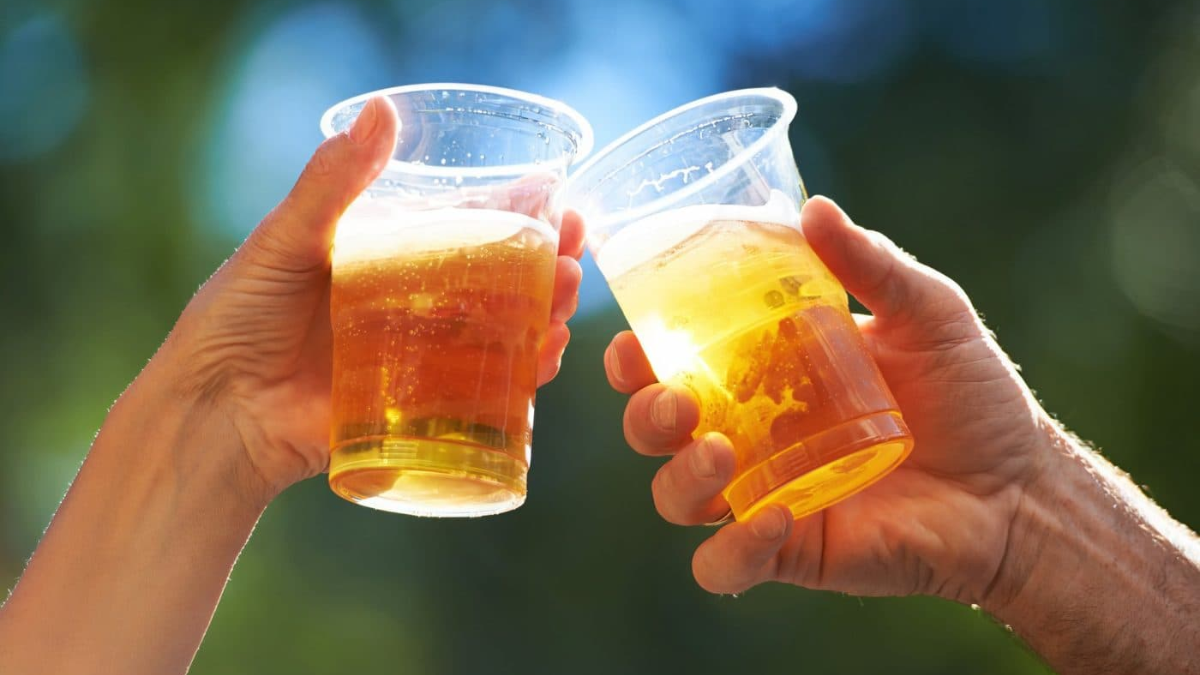Alcohol is often a central part of social gatherings, celebrations, and relaxation, but its impact on heart health is frequently overlooked. If you’ve ever experienced a pounding heart after a night of heavy drinking, you might have dismissed it as a typical hangover symptom, thinking it was just temporary discomfort. However, recent animal studies have revealed a significant and concerning link between alcohol and heart health. These findings could change our perception of alcohol and prompt us to reconsider our drinking habits.
Holiday Heart Syndrome
Binge drinking is a widespread issue, defined as consuming five drinks within two hours for men and four drinks within two hours for women. This behavior is commonly linked to a surge in atrial fibrillation (AFib), the most common type of irregular heart rhythm. This phenomenon, known as “holiday heart syndrome,” often occurs during periods of heavy drinking.
Saugat Khanal, a postdoctoral scholar in the Department of Physiology & Cell Biology at The Ohio State University College of Medicine, explains, “During the holidays, celebrations often involve heavy drinking, which can send even those without previous heart conditions to the hospital with a racing or irregular heartbeat.”
Khanal’s study on mice explored the mechanism of alcohol-induced arrhythmia and potential ways to prevent it. The research found that binge drinking can cause heart cells to mismanage calcium, leading to irregular heartbeats. This condition is triggered by the stress-induced protein JNK2.
Hope for Binge Drinkers
Preliminary studies have identified a potential solution to this issue. An agent known as Alda-1 has shown promise in preventing the activation of JNK2, which leads to AFib. In the study, mice mimicking binge drinking were divided into groups, with one group receiving Alda-1. The results were striking: over 70% of the binge-drinking mice developed AFib, while none of the mice treated with Alda-1 showed signs of AFib. The Alda-1 group maintained normal JNK2 enzyme activity and calcium handling in heart cells.
Khanal emphasizes that abstinence from alcohol can prevent most alcohol-associated AFib risks. However, binge drinking continues to rise across all age groups despite education efforts. He suggests that developing new drugs, such as Alda-1 and other JNK2-specific inhibitors, may be an effective strategy against AFib for those affected by holiday heart syndrome.
Although these findings are promising, they are limited to animal studies and may not fully represent the complexities of human physiology and the cardiovascular impacts of binge drinking. Future research will involve larger animals to translate these findings into clinical applications.
Alcohol, Estrogen, and Women’s Heart Health
Alcohol also negatively affects heart function in women taking estrogen replacement therapy. Syed Anees Ahmed, a postdoctoral researcher in pharmacology and toxicology at the Brody School of Medicine at East Carolina University, found that estrogen can exacerbate alcohol-induced heart dysfunction, despite its known cardioprotective effects.
In a study involving female rats, alcohol exposure showed different effects on rats that received hormones to replenish their estrogen supply and those that did not. Alcohol disrupted clock proteins, which regulate heart function, leading to increased oxidative stress and ferroptosis, a type of cell death caused by excessive iron accumulation in heart cells.
Rethinking Binge Drinking
These findings highlight the need to rethink binge drinking, especially during holidays. Women undergoing hormone replacement therapy should be cautious about alcohol consumption due to its potential impact on heart health. While these studies were conducted on animal models and may not fully represent long-term effects on humans, the American Heart Association advises moderation in alcohol consumption to maintain optimal cardiovascular health.
The key takeaway is clear: moderate alcohol consumption might be permissible, but binge drinking poses a significant risk to heart health. Awareness and self-restraint could be the difference between a night of fun and a trip to the hospital.
